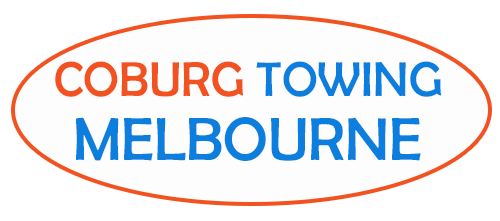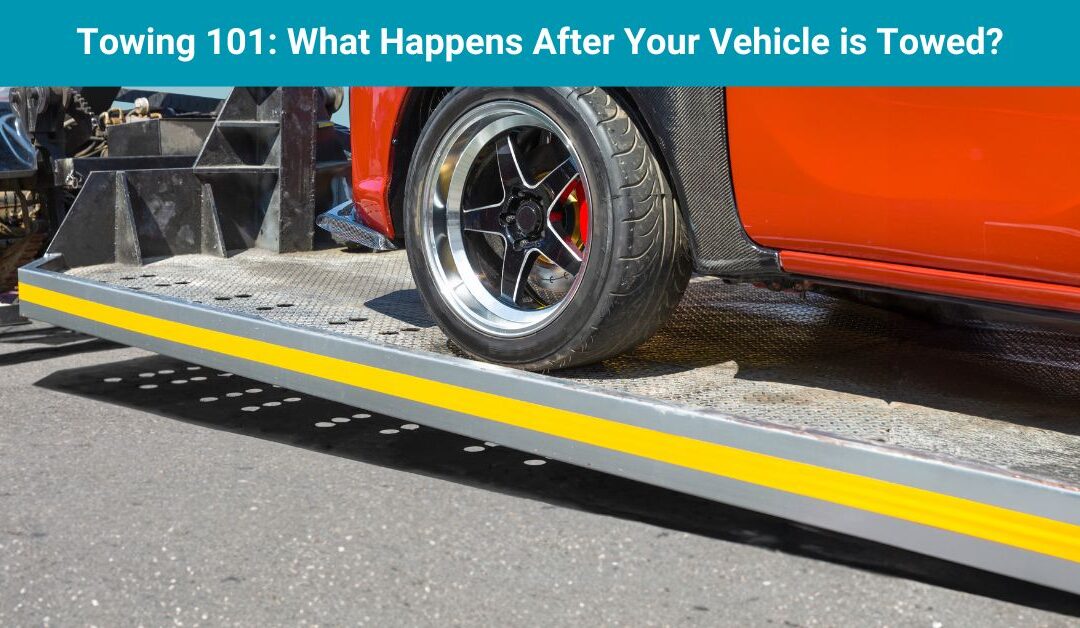Having your vehicle towed can be a confusing experience, especially if it’s your first time. Understanding the process can help you navigate the next steps efficiently, ensuring your vehicle is handled appropriately and you’re prepared for any associated costs or decisions.
Where Is Your Vehicle Taken?
After your vehicle is towed, its destination depends on the situation and reason for towing. Common locations include repair shops, impound lots, or storage facilities. If your car was towed after an accident, it might be taken to a repair shop recommended by your insurance company or chosen by you.
If your car was parked illegally or abandoned, local authorities may direct it to an impound lot. It’s crucial to contact the towing company or local police to find out where your vehicle has been taken and confirm any necessary steps to retrieve it.
How to Retrieve Your Vehicle
To get your car back, you’ll need to provide identification, proof of ownership (such as the vehicle registration or title), and possibly pay fees for towing and storage. Contact the towing company or facility in advance to confirm the required documents and costs.
Be aware that storage fees can add up quickly, so it’s important to retrieve your vehicle as soon as possible. If your car was impounded for legal reasons, you may need to resolve the issue (e.g., unpaid tickets) before it can be released.
Insurance Involvement
If your car was towed after an accident, your insurance company will play a significant role in determining what happens next. Contact your insurer immediately to report the incident and provide details about the towing and vehicle location.
Your insurance policy may cover towing and storage fees, depending on your coverage. Additionally, they will assess whether your vehicle is repairable or a total loss, guiding you on the next steps.
Repairs or Disposal
If your vehicle is repairable, it may remain at a repair shop for evaluation and repairs. Your insurance provider or a mechanic will provide an estimate of the costs. Ensure you communicate with the repair shop and insurance adjuster to stay informed about the progress and expected timeline.
In cases where the car is declared a total loss, your insurance company will typically guide you through the process of compensation. You may need to visit the storage facility to remove personal belongings before the vehicle is sold or scrapped.
Legal and Financial Considerations
It’s important to understand your financial responsibilities after a tow. This includes towing fees, storage charges, and potential repair costs. If you have roadside assistance or specific insurance coverage, these expenses may be reduced or covered entirely.
Additionally, always review the towing company’s documentation to ensure there are no hidden fees or discrepancies. Disputes can arise, so keeping a clear record of communications and receipts is essential.
Conclusion
After your vehicle is towed, knowing what to expect can simplify the process and help you avoid unnecessary stress. Whether it’s retrieving your car, coordinating with insurance, or deciding on repairs, staying informed and proactive ensures a smoother experience. By understanding the steps involved, you’ll be better prepared to handle any towing situation with confidence.


Recent Comments